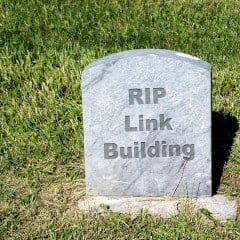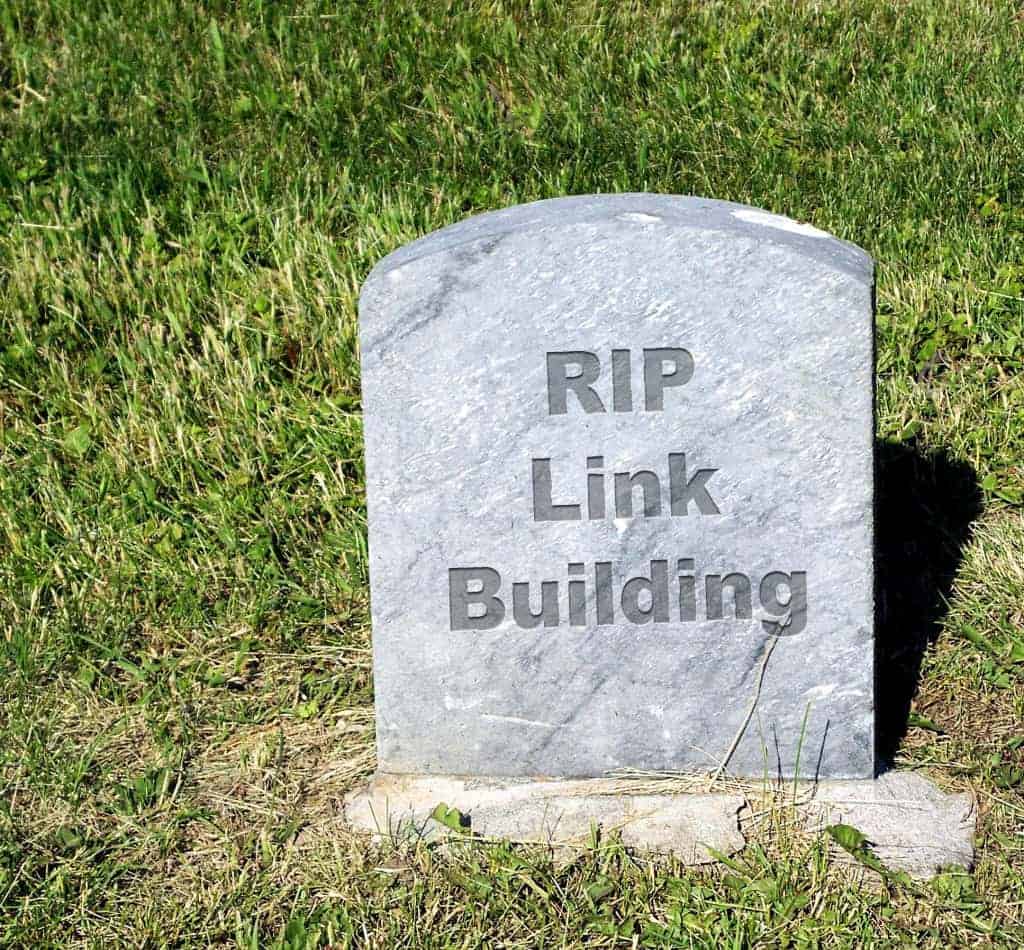How To Use Internal Search To Improve Your Website
Customer behavior offers a wealth of information, if you know where to look. Our own websites can tell us quite a bit about what’s happening and show opportunities to better serve our visitors. With the help of Google Analytics we can see how people are using our site and then make changes to help them find what they need easier. While GA offers countless ways to see how your site is being used, let’s look at your internal website search and the great insight it offers.
Online Ads Suck. But What If They Went Away?
No one loves seeing advertising online (well other than those few and far-between campaigns that really make us laugh). To stop their intrusion on our viewing, ad-blocking software has become increasingly popular. A new report from Adobe and one of several startups helping publishers fight ad blocking found that 198 million people globally are now blocking ads, up 41% from 2014. It’s obvious that ads are an annoyance to many. But what if we blocked them all? What might happen to the web as we know it?
Blame The Website, Not The Advertiser
It’s no secret that people hate online ads. They cover many of the websites we visit. To deal with the problem, many have turned to ad blocking software. Ad-blocking software will cost advertisers more than $22 billion this year and that number will continue to climb as more begin utilizing such browser add-ons.
It’s obvious that ads are a problem and people really hate them. But we’re blaming the wrong party. It’s not the ads that make for a horrible website experience. It’s those running the websites we should be upset with.
Link Building Is Dead. Here’s Why.
Years ago, link building was the thing to do if you wanted your website to be found. Much of how a site was ranked in search was based on how many backlinks it had and to a point, it still is. Search engines reasoned that those with the more sites linking to them must have fairly good authority and ranked them highly because of it.
Soon it became common practice for marketers to focus on generating as many linkbacks to their own website as possible. Tools like Scrapebox made creating hundreds or thousands of links possible in minutes. Search engines wised up and began including far more elements in their ranking algorithms than simply linkbacks and the importance of building links became less.
While a recent study by Moz found that backlinks are still important, the practice of building links for SEO is dead. Here’s why it needs to be laid to rest.
Why Your Mobile-Friendly Site Still Lost Search Traffic
It’s April 21st which means Google Mobilegeddon is upon us. Starting today websites that are not mobile-friendly will begin to see a substantial drop in mobile search ranking on Google (some websites have already seen changes in the past weeks). While this move has many crying that Google is trying to screw them, the change is a great one as it is finally pushing many to make the user experience for mobile viewers an acceptable one. Mobile web usage now beats out desktop browsing but even so, many have been very slow to give mobile users a decent experience. This move by Google was just the kick in the ass that many needed to make that change.
You saw the announcement back in February. You worked hard to update your site to be mobile-friendly, or maybe you were ahead of the crowd and already had a mobile-friendly site. With the switch being flipped April 21st, you figured you were all set to make it through without issue. So why is your search traffic still dropping? The answer may not be about your site at all.
How To Avoid WordPress Plugin Pitfalls
WordPress and its plugins allow our websites to be filled with functionality many of us wouldn’t be able to add on our own. They improve both user experience and website operator management with ease. But while plugins give you the ability to quickly and easily add functions to your site, they can also be your downfall. Here’s why you need to think before you plugin.










